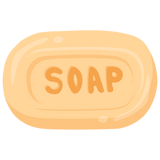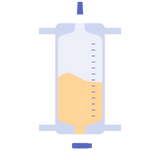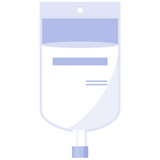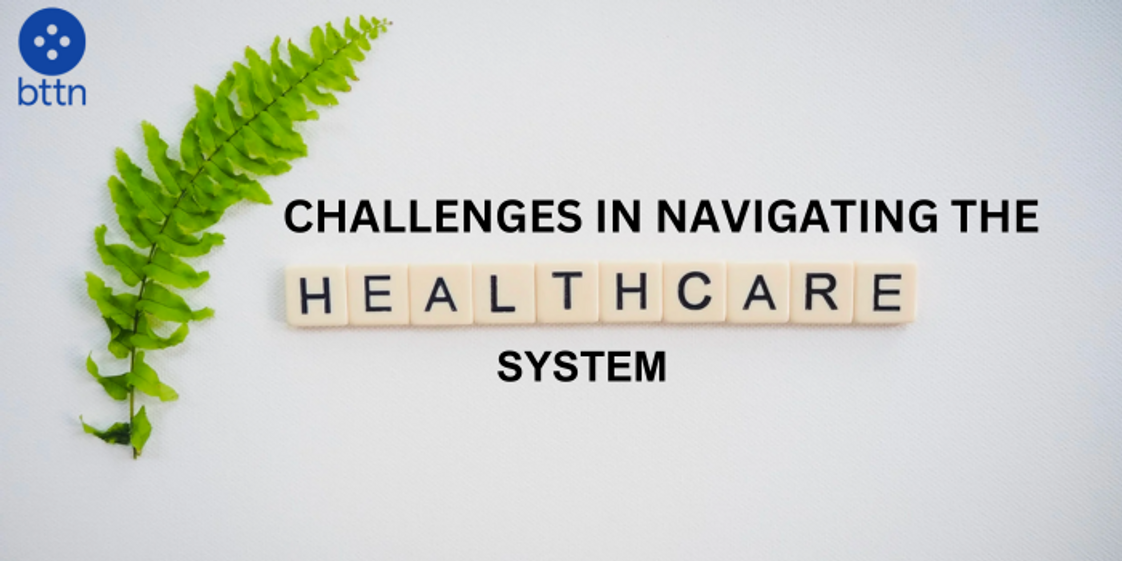
Challenges in Navigating the Health Care System
Posted by Pankaj Dhiman on Jul 28th 2023
The healthcare system plays a crucial role in ensuring the well-being of individuals and communities. However, both patients and medical professionals frequently face major challenges as a result of the complexity and size of these systems. In this extensive blog, we will examine the difficulties people confront when utilizing the healthcare system, as well as the requirements and difficulties faced by healthcare organizations and experts.
Buy Now - Halyard H300 Quick Check Sterilization Wrap
Lack of Access and Affordability
The availability and cost of healthcare is one of the main challenges affecting the industry. Due to financial limitations, a lack of insurance coverage, or a lack of easily accessible healthcare facilities, many people, particularly those living in low-income or marginalized groups, encounter difficulties while trying to receive healthcare services.
Patients and their families may experience severe financial hardships due to the high cost of medical procedures, prescription medications, and insurance premiums, which may result in delayed or insufficient care.
Complex and Fragmented System
The healthcare system can be complex and fragmented, with several players like hospitals, clinics, insurance companies, and governmental organizations carrying out their own operations.
This fragmentation may lead to inconsistent care, misunderstandings, and issues coordinating treatment regimens among various healthcare professionals.
The amount of paperwork and bureaucracy that patients frequently have to navigate through can be stressful, especially for those who have chronic or complicated medical issues.
Buy Now - ADC Advantage 2200 Digital Fingertip Pulse Oximeter
Limited Health Literacy
A person's capacity to understand and apply health-related information to make decisions about their health is referred to as health literacy. It can be challenging for people to understand medical terms, available treatments, and even insurance coverage due to limited health literacy. This lack of comprehension may result in misunderstandings, non-compliance with prescribed treatments, and generally worse health results.
Buy Now - Halyard H400 Midweight Sterilization Wrap
Digital Divide
Electronic health records, telemedicine, and health applications are just a few advantages that have resulted from the rapid digitization of the healthcare industry. However, the digital divide is a problem for some groups, especially the elderly, low-income people, and people who live in rural areas and may not have access to technology or the internet.
This restriction may make it difficult for them to obtain essential medical information and services, thereby escalating health inequities.
Must Read - Nursing Shortage in 2023: A Growing Problem in the Healthcare Industry
Needs and Challenges of Health Systems
Interoperability and Data Sharing
Health systems often face challenges related to interoperability, when different healthcare institutions use disparate electronic health record (EHR) systems that do not communicate effectively with one another.
This lack of data sharing hinders the seamless exchange of patient information, leading to potential medical errors, duplicated tests, and inefficiencies in care delivery.
Buy Now - Ansell Micro-Touch NitraFree Exam Gloves
Resource Allocation and Capacity Management
Healthcare systems must continually balance resource allocation and capacity operation to meet the requirements of their patient populations. Allocating coffers efficiently, including medical outfits, labor force, and backing, is pivotal for furnishing timely and effective care. During times of extremity or afflictions, similar to the COVID-19 epidemic, healthcare systems face indeed lesser challenges in managing patient affluence and resource distribution.
Buy Now - On/Go 10-minute COVID-19 Antigen Self-Test (OTC)
Addressing Health Disparities
Health systems must address health differences among different populations. These differences may be related to race, socioeconomic status, geographic position, or other factors. Reducing health injuries requires targeted interventions, increased artistic capability among healthcare professionals, and acclimatized outreach to marginalized communities to ensure indifferent access to healthcare services.
Quality and Patient Safety
Ensuring quality and patient safety is a constant challenge for health systems. Medical errors, hospital-acquired infections, and adverse events can have severe consequences for patients. Implementing evidence-based practices, establishing robust safety protocols, and promoting a culture of continuous improvement are essential to enhancing patient outcomes and avoiding preventable harm.
Buy Now - CareStart Rapid Antigen Test
Challenges Faced by Healthcare Professionals
Burnout and Workload
Healthcare professionals, including doctors, nurses, and other frontline workers, often face demanding work schedules and high patient loads.
Burnout can occur as a result of the strains of handling difficult cases, lengthy workdays, and administrative responsibilities, which can affect the patient's well-being and the standard of care given.
Buy Now - iHealth COVID-19 Antigen Rapid Test (OTC)
Shortages of Skilled Personnel
The lack of qualified healthcare workers puts pressure on already overworked staff and lowers the standard of care overall in many areas. It can be difficult to find and keep qualified workers, especially in remote locations, specialist fields, and public health emergencies.
Evolving Medical Technology
Rapid advancements in medical technology bring numerous benefits, but they also present challenges for healthcare professionals. Professionals need to stay updated on the latest technologies, undergo additional training, and integrate new tools seamlessly into their practice to ensure optimal patient care.
Ethical Dilemmas
In their regular work, healthcare practitioners face ethical challenges frequently. It can be challenging to strike a balance between patient autonomy, beneficence, and justice, particularly when dealing with end-of-life care, organ transplantation, and experimental therapies. Healthcare professionals may experience moral anguish and ethical conundrums as a result of these circumstances.
Buy Now - NIDS COVID-19 Antigen Rapid Test Kit (POC)
Conclusion
The challenges affecting the healthcare system impact individuals, healthcare systems, and professionals on a variety of levels. Patients may find it difficult to navigate the healthcare system due to challenges with accessibility, affordability, and low health literacy.
Allocating resources, sharing data, resolving inequities, and ensuring patient safety are all difficult issues for health systems. The healthcare profession encounters various challenges, including burnout, a scarcity of skilled candidates, adapting to swiftly evolving technology, and grappling with moral dilemmas.
Addressing these challenges requires collaborative efforts from policymakers, healthcare institutions, and society as a whole. By focusing on improving access, enhancing health literacy, and investing in the well-being of healthcare professionals, we can move towards a more patient-centered and efficient health care system, ultimately improving health outcomes for all.
Buy Now - GenBody COVID-19 Ag Rapid Antigen Test (POC)





















